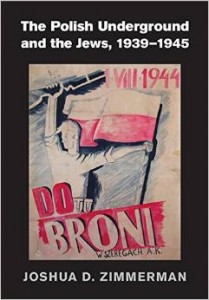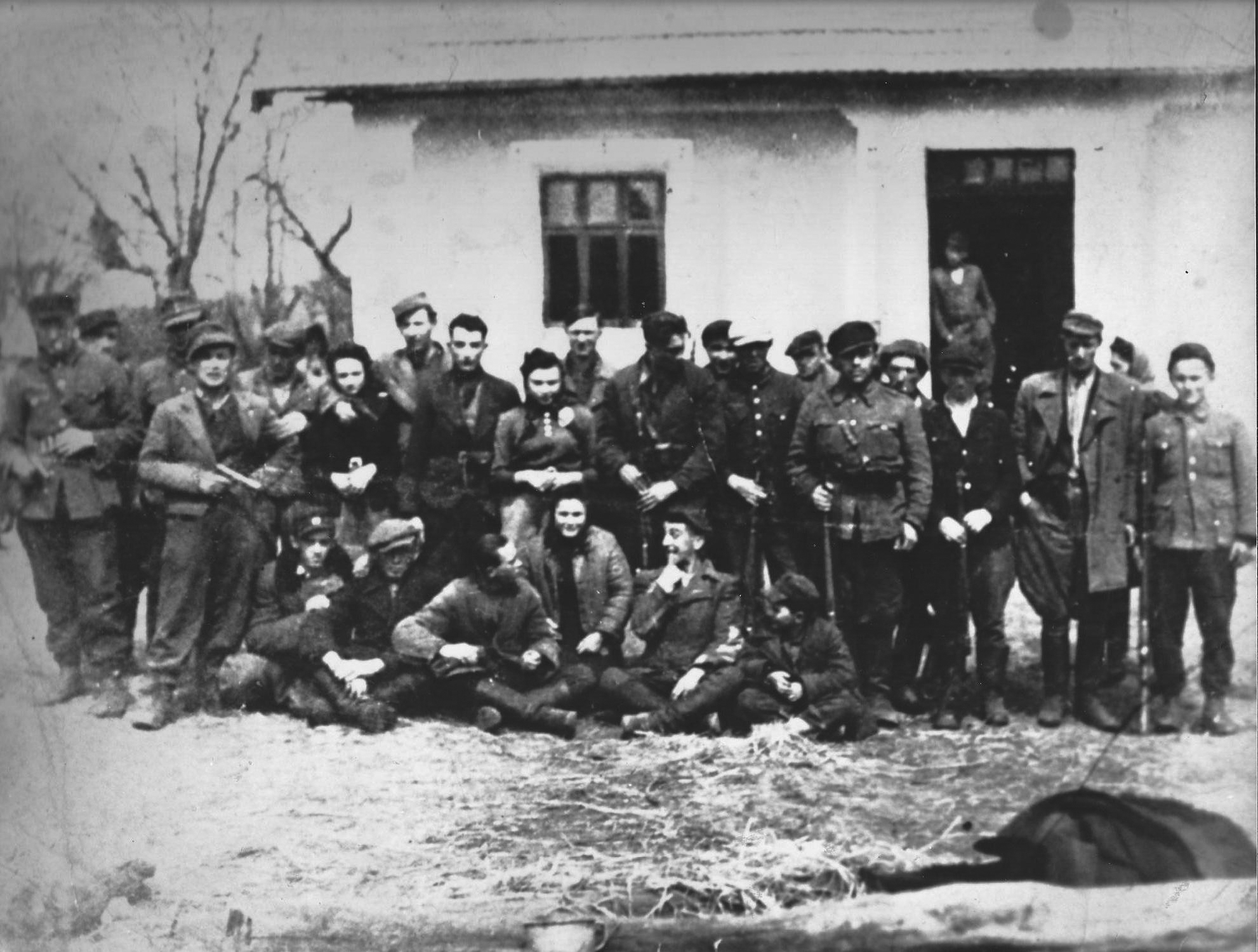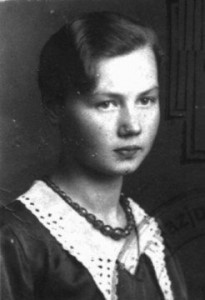Message From Our President

Dear Students, Faculty, Staff and Friends,
I am pleased to present to you this Guide to our plans for the upcoming fall semester and reopening of our campuses. In form and in content, this coming semester will be like no other. We will live differently, work differently and learn differently. But in its very difference rests its enormous power.
The mission of Yeshiva University is to enrich the moral, intellectual and spiritual development of each of our students, empowering them with the knowledge and abilities to become people of impact and leaders of tomorrow. Next year’s studies will be especially instrumental in shaping the course of our students’ lives. Character is formed and developed in times of deep adversity. This is the kind of teachable moment that Yeshiva University was made for. As such, we have developed an educational plan for next year that features a high-quality student experience and prioritizes personal growth during this Coronavirus era. Our students will be able to work through the difficulties, issues and opportunities posed by our COVID-19 era with our stellar rabbis and faculty, as well as their close friends and peers at Yeshiva.
To develop our plans for the fall, we have convened a Scenario Planning Task Force made up of representatives across the major areas of our campus. Their planning has been guided by the latest medical information, government directives, direct input from our rabbis, faculty and students, and best practices from industry and university leaders across the country. I am deeply thankful to our task force members and all who supported them for their tireless work in addressing the myriad details involved in bringing students back to campus and restarting our educational enterprise.
In concert with the recommendations from our task force, I am announcing today that our fall semester will reflect a hybrid model. It will allow many students to return in a careful way by incorporating online and virtual learning with on-campus classroom instruction. It also enables students who prefer to not be on campus to have a rich student experience by continuing their studies online and benefitting from a full range of online student services and extracurricular programs.
In bringing our students back to campus, safety is our first priority. Many aspects of campus life will change for this coming semester. Gatherings will be limited, larger courses will move completely online. Throughout campus everyone will need to adhere to our medical guidelines, including social distancing, wearing facemasks, and our testing and contact tracing policies. Due to our focus on minimizing risk, our undergraduate students will begin the first few weeks of the fall semester online and move onto the campus after the Jewish holidays. This schedule will limit the amount of back and forth travel for our students by concentrating the on-campus component of the fall semester to one consecutive segment.
Throughout our planning, we have used the analogy of a dimmer switch. Reopening our campuses will not be a simple binary, like an on/off light switch, but more like a dimmer in which we have the flexibility to scale backwards and forwards to properly respond as the health situation evolves. It is very possible that some plans could change, depending upon the progression of the virus and/or applicable state and local government guidance.
Before our semester begins, we will provide more updates reflecting our most current guidance. Please check our website, yu.edu/fall2020 for regular updates. We understand that even after reading through this guide, you might have many additional questions, so we will be posting an extensive FAQ section online as well. Additionally, we will also be holding community calls for faculty, students, staff and parents over the next couple of months.
Planning for the future during this moment has certainly been humbling. This Coronavirus has reminded us time and time again of the lessons from our Jewish tradition that we are not in full control of our circumstances. But our tradition also teaches us that we are in control of our response to our circumstances. Next semester will present significant challenges and changes. There will be some compromises and minor inconveniences--not every issue has a perfect solution. But faith and fortitude, mutual cooperation and resilience are essential life lessons that are accentuated during this period. And if we all commit to respond with graciousness, kindness, and love, we can transform new campus realities into profound life lessons for our future.
Deeply rooted in our Jewish values and forward focused in preparing for the careers and competencies of the future, we journey together with you, our Yeshiva University community, through these uncharted waters. Next year will be a formative year in the lives of our students, and together we will rise to the moment so that our students will emerge stronger and better prepared to be leaders of the world of tomorrow.
Best Wishes,
Ari Berman

 How did members of the Polish resistance movement treat Jewish fugitives during the terrible events of World War II? This question, focusing on one of the darkest and most troubling problems in the history of Polish-Jewish relations, is one many people already believe they have an answer for. But in his new book,
How did members of the Polish resistance movement treat Jewish fugitives during the terrible events of World War II? This question, focusing on one of the darkest and most troubling problems in the history of Polish-Jewish relations, is one many people already believe they have an answer for. But in his new book,  I began reading everything I could find on the topic, mostly in English and Polish, and it became clear that it lacked a dispassionate, scholarly treatment that would span the entire period of the war and all areas of prewar Poland. In the course of my research, I found that the attitude of the Polish Underground toward Jews during World War II is still one of the most contentious issues in Jewish-Polish relations. For example, a study from 2008 asked a group of Jewish American and Polish American academics if the Polish Underground favored equal rights for Jews. Eighty-eight percent of Poles replied yes, but only 8 eight percent of Jewish respondents agreed. Such a wide gap is very rare among academics. As historians, we are obligated to examine evidence without prejudice. So how could the same body of evidence possibly lead to such diametrically opposite conclusions?
In Palo Alto, New York, Warsaw, Krakow, Jerusalem and London, I examined official Polish Underground and Polish government-in-exile records, records of the Jewish resistance and partisan movements, testimonies of Holocaust survivors, unpublished diaries and memoirs, and postwar trial records. My goal in preparing this book was not to make the Poles look good or bad. My goal was to stay close to the sources and deduce what the preponderance of the evidence suggested.
What surprised you about what you discovered?
I discovered that the response of the Polish Underground toward Jews varied greatly from region to region and sometimes even within regions.
For example, the northeast provinces of Białystok and Nowogródek had traditionally been quite hostile to Jews. They were poor, mostly underdeveloped rural regions, where Jews formed between a third and a half (and sometimes more) of the urban population. They were disproportionately represented in the professions, sometimes making up to 80 percent or higher of doctors, lawyers, and those involved in trade and commerce. The poverty of the local population and low levels of literacy combined with Jewish domination of these economic sectors contributed to a high level of anti-Jewish sentiment before the war. It is thus not surprising that the most anti-Semitic elements within the Polish Underground were found in these provinces. In fact, these were the only two provinces in which I could trace orders to attack Jews back to the provincial Polish Underground commanders. No evidence was found tracing such actions back to provincial commanders in the 15 other Polish provinces.
I began reading everything I could find on the topic, mostly in English and Polish, and it became clear that it lacked a dispassionate, scholarly treatment that would span the entire period of the war and all areas of prewar Poland. In the course of my research, I found that the attitude of the Polish Underground toward Jews during World War II is still one of the most contentious issues in Jewish-Polish relations. For example, a study from 2008 asked a group of Jewish American and Polish American academics if the Polish Underground favored equal rights for Jews. Eighty-eight percent of Poles replied yes, but only 8 eight percent of Jewish respondents agreed. Such a wide gap is very rare among academics. As historians, we are obligated to examine evidence without prejudice. So how could the same body of evidence possibly lead to such diametrically opposite conclusions?
In Palo Alto, New York, Warsaw, Krakow, Jerusalem and London, I examined official Polish Underground and Polish government-in-exile records, records of the Jewish resistance and partisan movements, testimonies of Holocaust survivors, unpublished diaries and memoirs, and postwar trial records. My goal in preparing this book was not to make the Poles look good or bad. My goal was to stay close to the sources and deduce what the preponderance of the evidence suggested.
What surprised you about what you discovered?
I discovered that the response of the Polish Underground toward Jews varied greatly from region to region and sometimes even within regions.
For example, the northeast provinces of Białystok and Nowogródek had traditionally been quite hostile to Jews. They were poor, mostly underdeveloped rural regions, where Jews formed between a third and a half (and sometimes more) of the urban population. They were disproportionately represented in the professions, sometimes making up to 80 percent or higher of doctors, lawyers, and those involved in trade and commerce. The poverty of the local population and low levels of literacy combined with Jewish domination of these economic sectors contributed to a high level of anti-Jewish sentiment before the war. It is thus not surprising that the most anti-Semitic elements within the Polish Underground were found in these provinces. In fact, these were the only two provinces in which I could trace orders to attack Jews back to the provincial Polish Underground commanders. No evidence was found tracing such actions back to provincial commanders in the 15 other Polish provinces.

